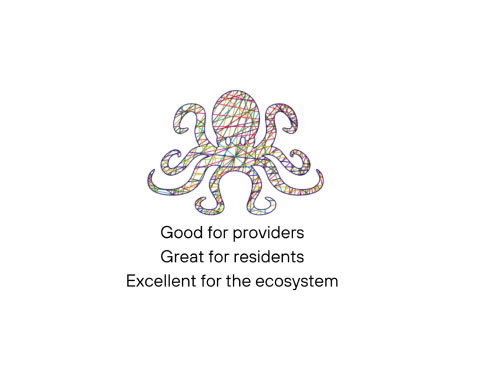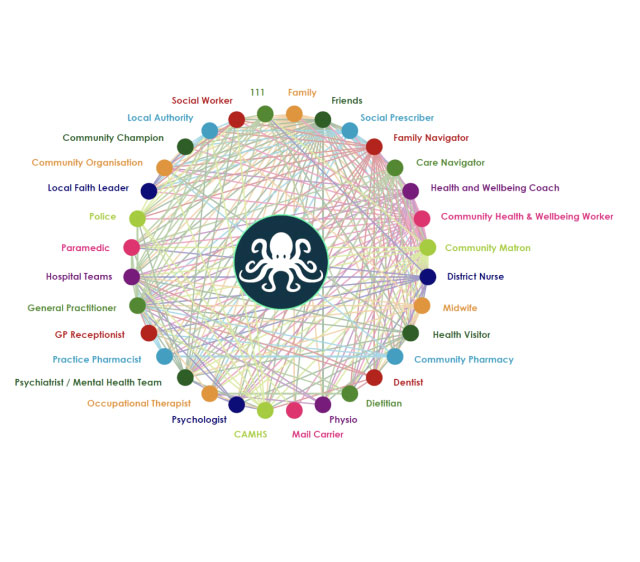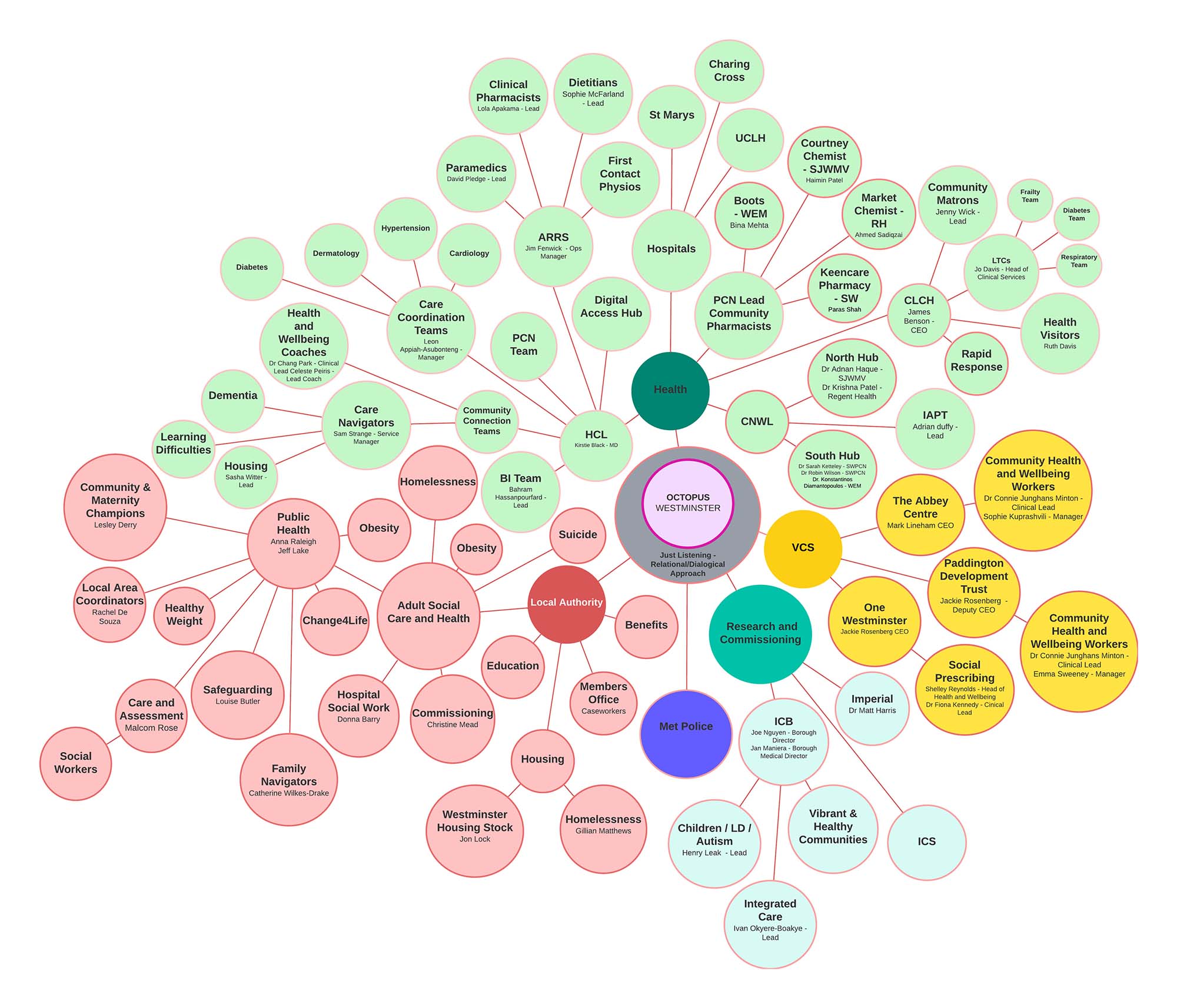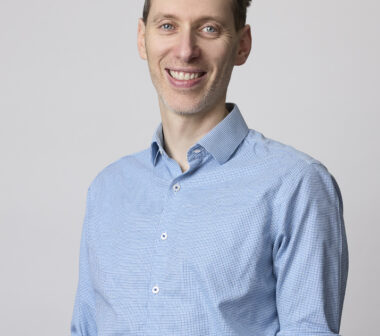Sign up to our newsletter
Get the latest news and views from Healthcare Central London, our member Practices and partners.
A model for community-led care and support that tackles imbalances and inequality in the system
Explore more

This project marks the start of our Westminster Integrated Neighbourhood Team (INT) journey. It brings together, in partnership, the Local Authority (LA), the Voluntary and Community Sector (VCSE) and health colleagues for the service of our population.

The communities served by our member Practices face a number of challenges.
For example:
During the COVID-19 pandemic, four PCNs and the wider Westminster community worked together to advise, treat and vaccinate local residents at speed. By taking a collaborative, joined-up approach through the Octopus programme, we can keep residents’ needs at the heart of the care we provide and help to solve health equity.
For healthcare professionals, the Octopus aims to make their working lives easier and more meaningful. The programme offers a safe space where participants can talk openly, meet new people and solve common problems together.

The Octopus model is about making connections with local residents. Its name was inspired by the Community Health and Wellbeing Worker (CHWW) role, which is a relatively new connector role that is already showing huge potential.
We also hold quarterly Octopus workshops where connectors and other frontline staff get together to share ideas and thinking. Rather than the usual PowerPoint slides and Excel spreadsheets, these sessions are high energy (they might involve yoga and group singing, for example) to keep everyone engaged and creatively inspired.
By collaborating this way, we hope to connect the dots between services and problem solve when we spot gaps in care or processes. We also use a common data platform to ensure the outcomes of the Octopus are tangible and provide a good return on investment.
Read more about the Octopus, including the full list of partners, here

The above Octogram shows all the currently different parties and organisations involved.
The Octopus starts our Westminster Integrated Neighbourhood Team (INT) journey. It brings together in partnership the Local Authority (LA), the Voluntary and Community Sector (VCSE) and health colleagues for the service of our population. The Octopus aims to allow us to work together, pooling learning, knowledge and resources.
We are tackling imbalances and inequality in the system by focusing specific resources in deprived areas and improving communication.
We recognise that four adjacent neighbours may have four different GPs whose practices are in four different central Primary Care Networks (PCNs), and it’s important that the offer is equitable to all our residents.
We also recognise the unique challenges of our local area. Westminster has a very dense and diverse population, including London’s largest rough sleeping population. The life expectancy of a substance using homeless person is mid-40s. The life expectancy of a male resident living in a deprived part of the Borough is 18 years less than of those living in the most affluent areas.
Finally, it is commonly stated that our statutory health and local authority services are under tremendous strain; one way to alleviate this pressure is to recognise that we can do something about it by pooling our collective resources and investing in our communities and VCSE “upstream”.
Its name was inspired by the Community Health and Wellbeing Worker (CHWW) role. CHWWs live and work in our communities and make regular visits to residents. Over time, they build relationships and trust and help to drive impressive health and social outcomes. Like an octopus’ tentacles, the CHWWs act independently but also for the greater good and, like an octopus, this model has three hearts (healthcare, LA and VCSE).
There are multiple connector roles in the Octopus, some of which include: Care Navigators, Community Health and Wellbeing Workers, Community Champions, Community Matrons, Family Navigators, Health Visitors, Health and Wellbeing Coaches and Social Prescribers.
As the Octopus grows, it could include as many as 300 connector roles across the statutory and non-statutory sectors, including Dentists, District Nurses, Faith Leaders, Paramedics and Social Workers.
Community and Maternity Champions are local volunteers that give their time freely to bring communities together and support the health and wellbeing of their families, friends, neighbourhood and wider community.
They do this in a host of ways by running activities and events and public health campaigns in their neighbourhoods, and often become the go-to people in their communities for support and information.
They work in partnership with NHS, council, housing and other voluntary sector services to signpost residents and to improve access.
The Community Health and Wellbeing Workers (CHWWs) project takes an innovative approach to supporting the health and wellbeing needs of families within their own homes.
The programme involves CHWWs visiting households within defined areas and ensuring they receive tailored and holistic health and wellbeing support where needed.
If you’re an organisation based in Westminster and want to get involved (or if you’re based elsewhere in the UK and would like to find out more), we’re all tentacles! Please contact us using the button below.
Contact us

“When working with residents I think the most important tool I can use is listening to what is important to them, and then thinking if, and how, I can help.”
HCL Vice-Chair, Clinical Director St John’s Wood and Maida Vale PCN and GP Principal at St John’s Wood Medical Practice
Get the latest news and views from Healthcare Central London, our member Practices and partners.